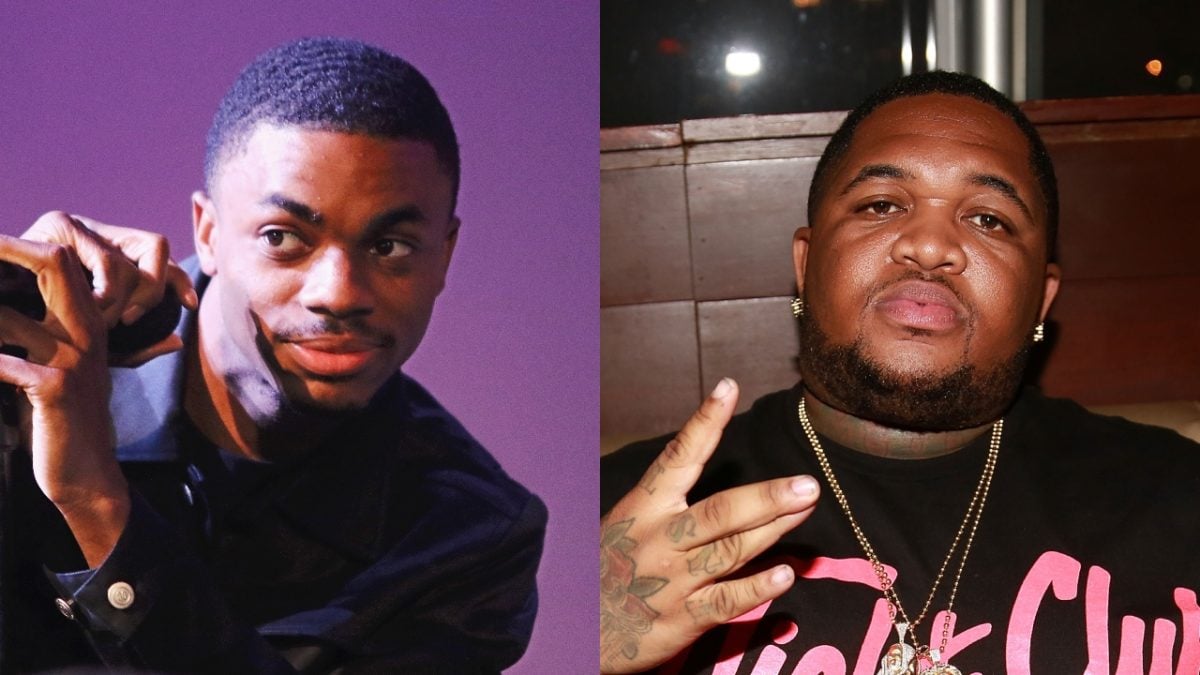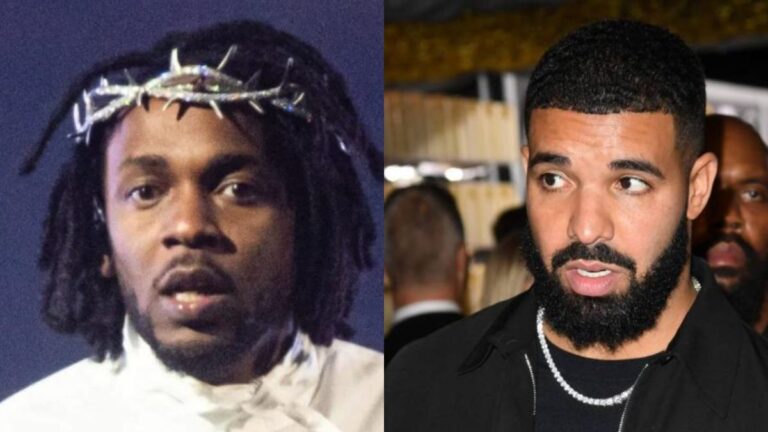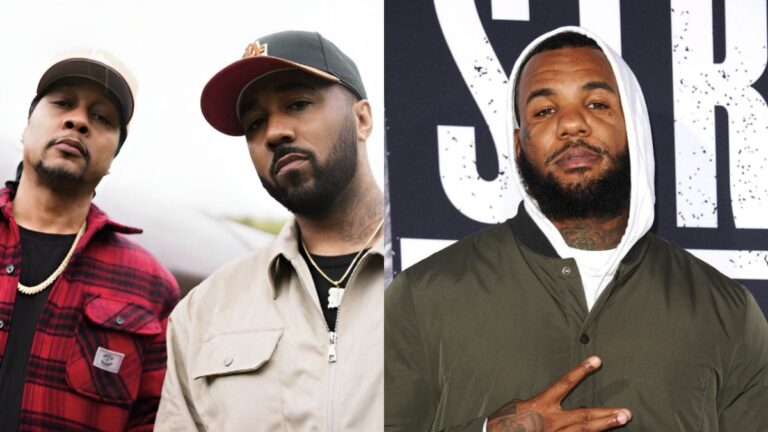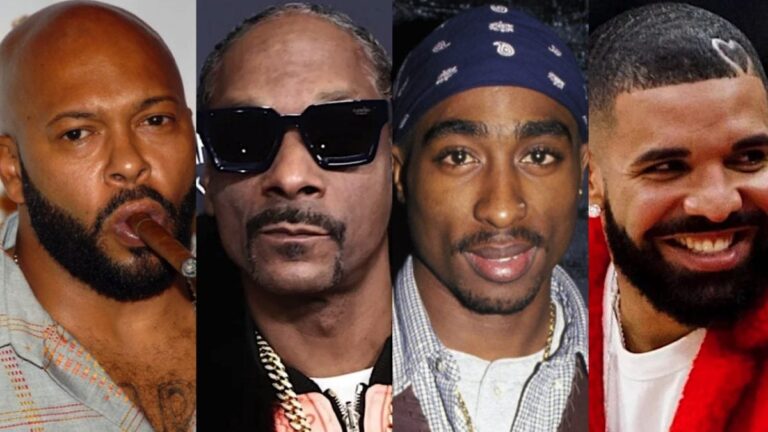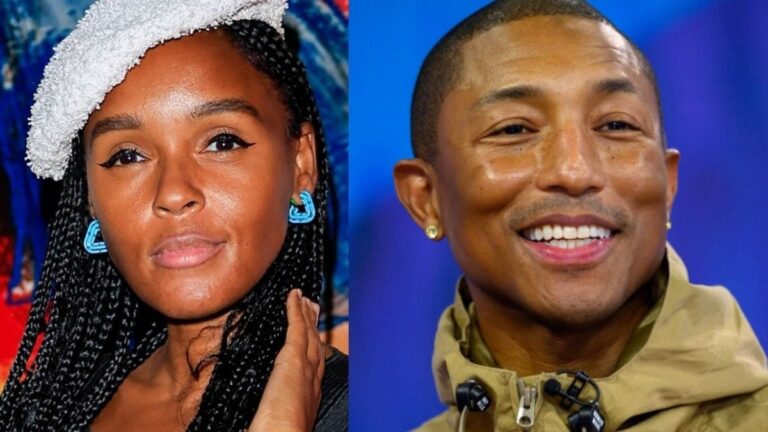Vince Staples Shockingly Reverses Mature Rap Beef stance and Calls out Mustard
Vince Staples, known for his sharp wit and candid opinions, recently spoke out against rap beef and its negative impact on the culture. During a panel discussion at Long Beach’s Youth Day event, the 30-year-old artist shared his perspective on the ongoing feud between Drake and Kendrick Lamar, highlighting the detrimental effects of industry dynamics on artists today.
Staples opened up about his experience as an artist signed to Universal Music Group since the age of 17 and shed light on the challenges faced by artists of color in the music industry. He expressed concerns about record labels consolidating and cutting staff, leaving many talented individuals without opportunities for growth and recognition.
The rapper emphasized the importance of addressing systemic issues within the music industry rather than focusing on trivial rap beefs. He pointed out the disparity in treatment between artists and label executives, urging for a more equitable distribution of resources and acknowledgment of artists’ rights.
In a comedic turn of events, Staples jokingly declared his support for beefing with fellow artists in response to producer Mustard’s attempts to sway his opinion. The light-hearted banter showcased the artist’s playful side while underscoring the seriousness of the underlying issues faced by artists in today’s competitive music landscape.
Staples also criticized Spotify for capitalizing on rivalries between artists like J. Cole, Kendrick Lamar, and Drake, pointing out the hypocrisy in promoting conflicts while neglecting the financial struggles of songwriters and performers. He called for greater transparency and support for artists in the industry, challenging the status quo and advocating for a fairer distribution of profits and recognition.
During an episode of The Joe Budden Podcast, Staples further elaborated on the need to address the power dynamics within the music industry and hold corporate entities accountable for exploitative practices. He called for a shift in focus towards empowering artists and songwriters, rather than perpetuating divisive narratives that benefit record labels at the expense of creatives.
Overall, Vince Staples’ candid remarks shed light on the complexities of the music industry and the challenges faced by artists in navigating a landscape fraught with inequalities and exploitative practices. His outspoken stance against rap beef and industry manipulation serves as a wake-up call for both artists and audiences to demand greater accountability and support for the creative community.

